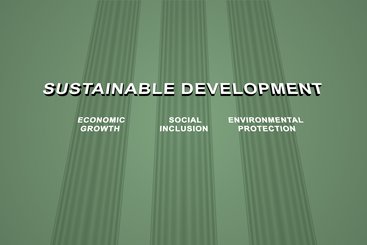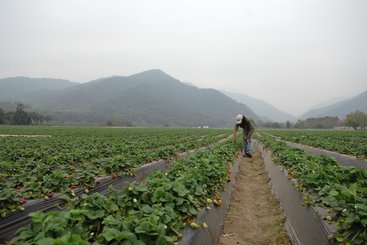Although policymakers often tout economic growth and transformation as a golden goose to promote prosperity and the goals of the Sustainable Development Agenda, some countries are seeing increases in inequality and stalling or reversing poverty reduction despite increases in labour productivity or GDP per capita. In addition, climate change may affect the pace of growth and other drivers of inclusion, but growth itself may proceed in ways unsustainable for planetary boundaries.
As such, there is an urgent need to develop a joined-up understanding of and decision-making on these issues. Already, there is increasing recognition that other measures of wellbeing need to be considered alongside growth in contributing to welfare, and that these measures do not necessarily flow from economic transformation. Instead, what is needed is a more holistic prioritisation of people and planet, such that pillars of transformation, inclusivity and sustainability can go hand in hand. This in turn requires an evidence-based understanding of country progress in these domains.
The purpose of this analysis is to explore advances made in low- and middle-income countries around economic transformation, social inclusivity and environmental sustainability (see Box 1). These three pillars together are identified in this analysis as ‘Nexus’ outcomes. The study draws on a range of country-level data across these three dimensions to examine synergies and trade-offs between domains and the state of progress since the turn of the century.


